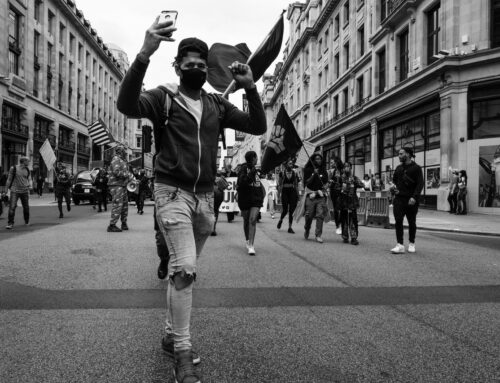Unauthorised use of a registered trademark is a criminal offence, so selling fake goods at a car boot sale or on internet selling sites can get you into serious trouble.
Few people appreciate the offences that can be committed, and ignorance is usually no defence. This article seeks to explain the background to some offences in respect of trademarks.
What is a trademark?
A trademark is a badge of origin, any sign capable of being represented graphically, which is capable of distinguishing goods; they may consist of words, personal names, designs, letters, numerals or the shape of goods.
What are the offences?
The offence is to apply the mark (that is the copied trademark), sell goods with it on, or have goods in your possession in the course of a business.
There are also offences covering the copying of a symbol or sign on labelling, packaging or advertising. The law covers all goods from baseball caps and handbags to wheel trims and counterfeit drugs.
Is there any defence?
It is a defence to show that you believed, on reasonable grounds, that the use of the sign was not an infringement of the registered trademark.
You need to demonstrate that not only did you honestly believe that the sign did not infringe registered trademarks but that you also had reasonable grounds to believe that. Well established brands will be well versed in showing why items are not genuine. For example, they may be able to show a logo is the wrong size, a serial number is incorrect or that the thread used is the wrong weight.
If you believed that the goods were genuine, that is also a defence.
For the offence to be committed the trademark has to be one that is registered and also one that has a reputation in the UK.
If the fake is terrible quality that is no excuse, the fact that no one would believe it was genuine does not matter as the use of the trademark is still an offence.
What can happen to me?
The offences are serious, possession of a few items can lead to a community order while a central role in a large operation can mean a sentence of up to ten years imprisonment.
A conviction for this type of offence can also lead to confiscation proceedings being brought against you. These proceedings involve an assessment of the benefit or profit made from the offence, and if there has been a benefit, you can be ordered to pay that back from your assets. Even if you did not have any assets an order can be re-visited in the future should you come into any money. For more detail on confiscation proceedings, watch this video by Daniel Berke of 3D Solicitors https://vimeo.com/288749570
Copyright CC BY-SA 2.0 Image by Catherine Malendrino, https://www.flickr.com/photos/30669092@N06/15588251883/
Created: 5 January 2015
Contact Us
Related Blogs
Registered Office : Queen’s Chambers, 5 John Dalton St, Manchester M2 6ET | Authorised and Regulated by the Solicitors’ Regulation Authority | 3D Solicitors Ltd : Company Number 10553315 SRA Number 636106

